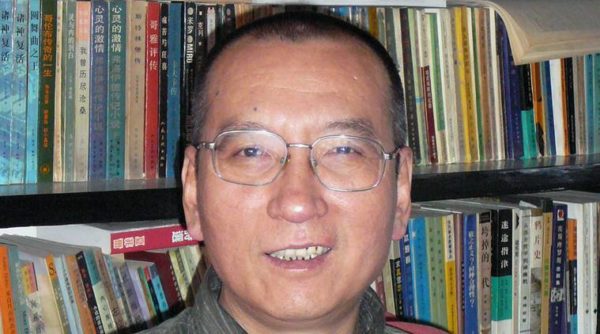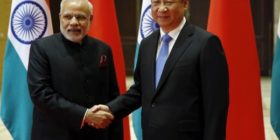Regarded as one of China’s most prominent human rights activist, Nobel laureate Liu Xiaobo died following a short battle with liver cancer. He died while in custody at a hospital in China, despite appeals to the state to permit him to travel aboard for medical treatment. A university professor-turned-rights campaigner, the 61-year-old activist was transferred from prison to a heavily-guarded hospital on medical parole, after he was diagnosed with terminal liver cancer.
Born in 1955, the Chinese literary critic shocked the intellectual and ideological circles with his radical opinions and sharp criticism of the establishment. He, thus, earned the nickname ‘dark horse.’ His influence on Chinese intellectuals was often dubbed as “Liu Xiaobo Shock” or “Liu Xiaobo Phenomenon.”
The 1989 pro-democracy demonstrations at Tiananmen Square was a turning point in his life. He was working at Columbia university when the protests broke out. He, however, chose to return home after realising how grim the political situation was in China. Also known as the June fourth incident, this student-led movement was aimed at holding the state to greater accountability, freedom to its citizens and democracy at large. The government in retaliation cracked down against the protesters resulting in death of hundreds of protests and arrest of Liu and others.
Since 1989, Liu was arrested several times because of his pro-democracy activities by the Chinese authorities. In 2008, Liu released Chapter 08, a pro-democracy manifesto asking for an end to the one-party rule and improvement of human rights situation in the country. The manifesto was signed by thousands of citizens. Liu was promptly arrested and awarded 11 years imprisonment for “inciting subversion of state power.” He has been behind the bars since then.
In 2010, he was awarded the Noble Peace Prize for “his long and non-violent struggle for fundamental human rights in China.” Beijing was so furious with the award that his family was denied permission to travel to Norway to accept the award. In a remarkable gesture that later became the symbol of Chinese authorities dominance, the peace prize was awarded to an empty chair on behalf of Liu. This is despite the fact that this was the first noble award for any Chinese citizen. Liu’s wife was also put under house arrest since then.
Liu has also authored three books: Criticism of the Choice: Dialogues with Li Zehou, Aesthetic and Human Freedom and The Fog of Metaphysics. All the books were banned despite their critical acclaim.
In 2017, the Chinese authorities said Liu was diagnosed with terminal cancer. In a video message released through a friend, Liu’s wife said that her husband “can’t do surgery, can’t do radiation therapy, can’t do chemotherapy.” With three years left in his sentence, he was denied permission to move abroad on the grounds that he was too ill to travel.
Liu became the second Nobel peace prize winner to die in prison after German pacifist Carl von Ossietzky, the recipient of the 1935 awards who died under surveillance after spending years in confinement in Nazi concentration camps. Liu is survived by his wife and his son from a previous marriage.






Leave a reply